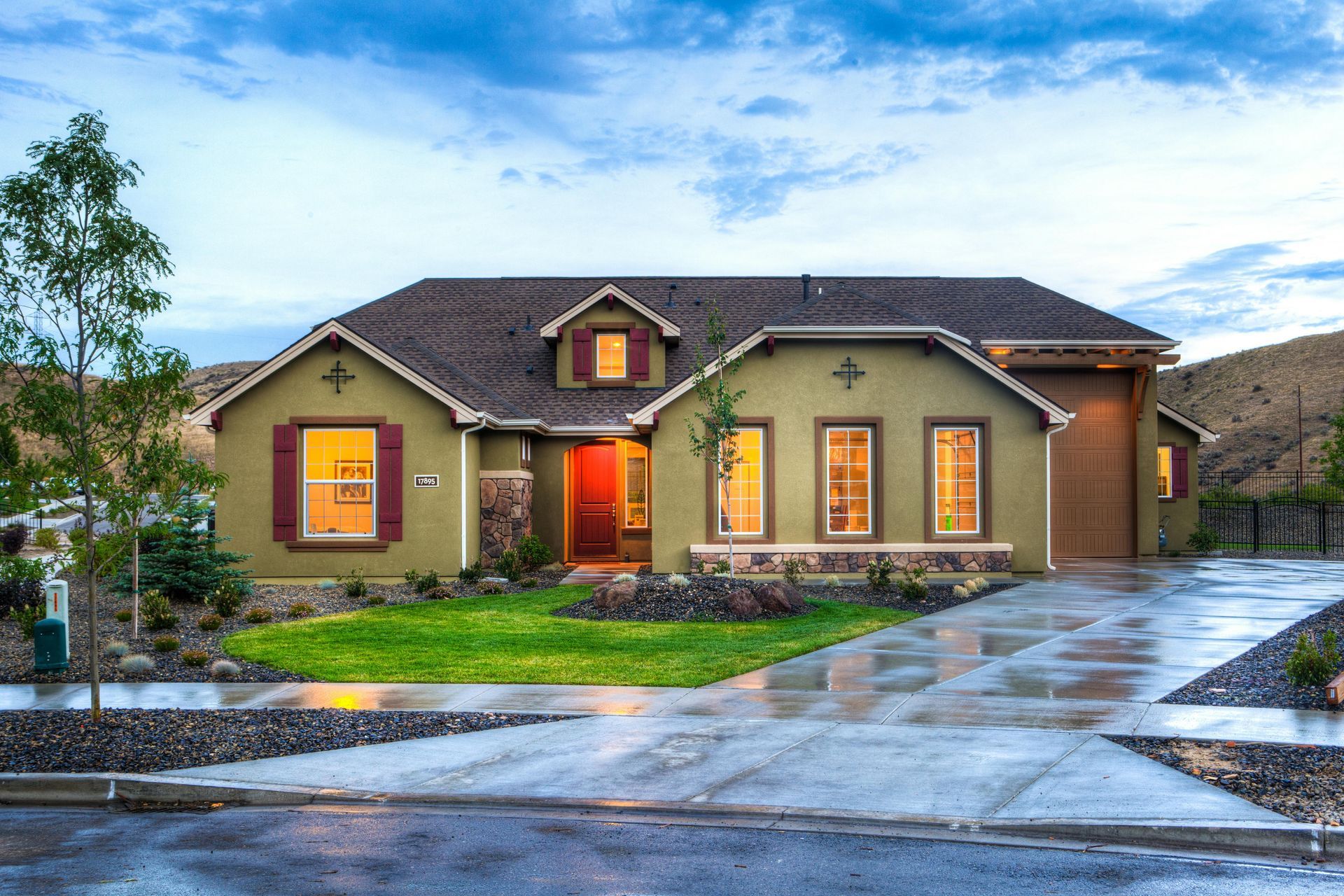Your First Homebuying Journey Starts Here
Learn essential steps from financing to closing with confidence
Financing Your First Home: Options and Tips
Explore mortgage types, discover down payment help, and learn budgeting strategies to make your home purchase manageable.
Step 1
Understanding Mortgage Types
Step 2
Down Payment Assistance
Step 3
Smart Budgeting for Buyers
Understanding Home Inspections
Importance
Why Inspections Matter
A thorough home inspection helps identify potential problems early, protecting your investment and giving you peace of mind.
What to Expect
Process
Inspectors examine key home systems and structures, providing a detailed report to guide your buying decisions.
Issues
Common Problems
Look out for foundation cracks, roof damage, plumbing leaks, and electrical concerns that could affect safety and costs.
Next Steps
Use inspection results to negotiate repairs or price adjustments before closing your new home purchase.
Guide
Understanding the Closing Process

Step 1: Review Key Documents and Timelines
Step 2: Final Walkthrough and Closing Day

Real Stories from First-Time Buyers
Emily Carter

Michael Thompson

Your Homebuying Questions Answered

What types of mortgages are available for first-time buyers?
First-time buyers can choose from fixed-rate, adjustable-rate, FHA, and VA loans. Fixed-rate mortgages offer stable payments, while adjustable-rate loans may start lower but can change over time.
FHA loans require lower down payments and credit scores, and VA loans are available for eligible veterans with favorable terms.
How much should I budget for a down payment?
Down payments typically range from 3% to 20% of the home price. Many first-time buyers qualify for assistance programs that can reduce this amount.
Budgeting for closing costs and reserves is also important to avoid surprises during purchase.
Why is a home inspection important?
A home inspection identifies potential issues with the property’s structure, systems, and safety before you buy.
It helps you make informed decisions and negotiate repairs or price adjustments if needed.
What happens during the closing process?
Closing involves signing legal documents, finalizing your mortgage, and transferring ownership.
You’ll review the closing disclosure, pay closing costs, and receive the keys to your new home.
How long does it take to close on a home?
Closing usually takes 30 to 45 days but can vary based on financing, inspections, and paperwork.
Staying organized and responsive helps keep the process on track.
Can I negotiate repairs after the home inspection?
Yes, you can request repairs or credits based on inspection findings to address issues before closing.
Your agent can help you negotiate terms that protect your interests.
What documents do I need to prepare for closing?
Prepare your ID, proof of insurance, mortgage documents, and funds for closing costs.
Your lender and agent will provide a detailed list to ensure a smooth closing day.

2 Bedrooms
950 sq ft
Maple Grove Apartment
$250,000 - 123 Elm St, Springfield


